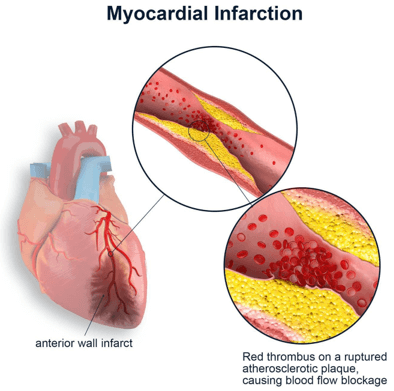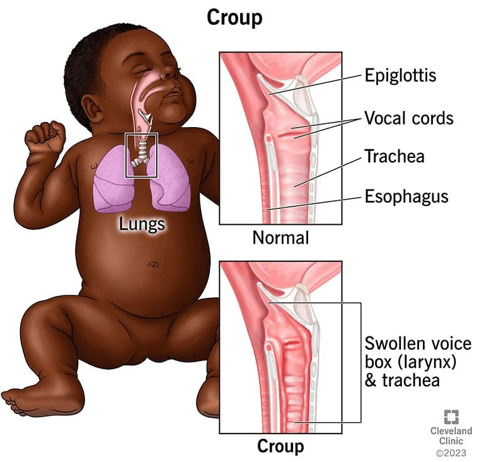A client who had orthopedic surgery three days ago verbalizes difficulty in sleeping. Which initial intervention is best for the practical nurse (PN) to implement?
Offer the client a prescribed sleep medication.
Reposition the client and provide a back rub.
Administer an as needed (PRN) prescription for pain.
Provide a cup of hot chocolate at bedtime.
The Correct Answer is B
This is the best initial intervention for the PN to implement because it promotes comfort, relaxation, and circulation for the client. A back rub can also reduce anxiety and muscle tension, which can interfere with sleep. The PN should use non-pharmacological methods to facilitate sleep before resorting to medication.
Nursing Test Bank
Naxlex Comprehensive Predictor Exams
Related Questions
Correct Answer is A
Explanation
Troponin I and CK-MB are cardiac enzymes that are released into the bloodstream when the heart muscle is injured or necrotic. Elevated levels of these enzymes indicate that the client has suffered a myocardial infarction (MI) or heart atack. The damaged heart tissue can impair the electrical conduction system of the heart and cause abnormal heart rhythms or dysrhythmias, which can be life-threatening. The PN should monitor the client's cardiac status closely and report any changes to the charge nurse.
The other options are not correct because:
- The client is not at risk for pulmonary embolism, which is a blockage of a pulmonary artery by a blood clot or other material. Pulmonary embolism does not cause elevated cardiac enzymes, but it can cause chest pain, shortness of breath, and hypoxia.
- The client is not at risk for recurrent long-term angina pain, which is chest pain caused by reduced blood flow to the heart muscle due to narrowed or blocked coronary arteries. Angina pain does not cause elevated cardiac enzymes, but it can be a warning sign of an impending MI.
- The lab results do not indicate risk factors for transient ischemic atack (TIA), which is a temporary interruption of blood flow to a part of the brain due to a clot or plaque. TIA does not cause elevated cardiac enzymes, but it can cause neurological symptoms such as weakness, numbness, or speech difficulties.

Correct Answer is C
Explanation
Croup is a respiratory infection that causes inflammation and narrowing of the airway, resulting in a barking cough, hoarseness, and stridor. The PN should monitor the child's oxygen saturation level via pulse oximetry, as it can indicate the severity of the airway obstruction and the need for supplemental oxygen or other interventions.

Whether you are a student looking to ace your exams or a practicing nurse seeking to enhance your expertise , our nursing education contents will empower you with the confidence and competence to make a difference in the lives of patients and become a respected leader in the healthcare field.
Visit Naxlex, invest in your future and unlock endless possibilities with our unparalleled nursing education contents today
Report Wrong Answer on the Current Question
Do you disagree with the answer? If yes, what is your expected answer? Explain.
Kindly be descriptive with the issue you are facing.
